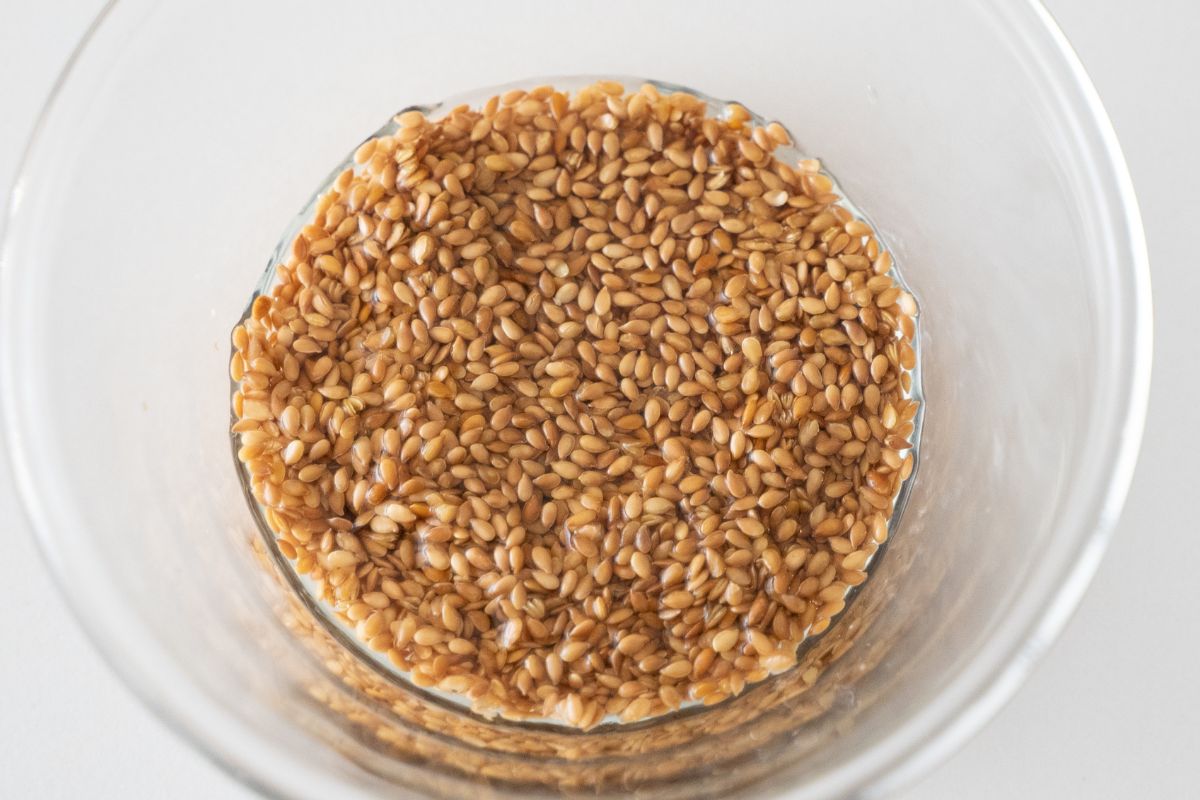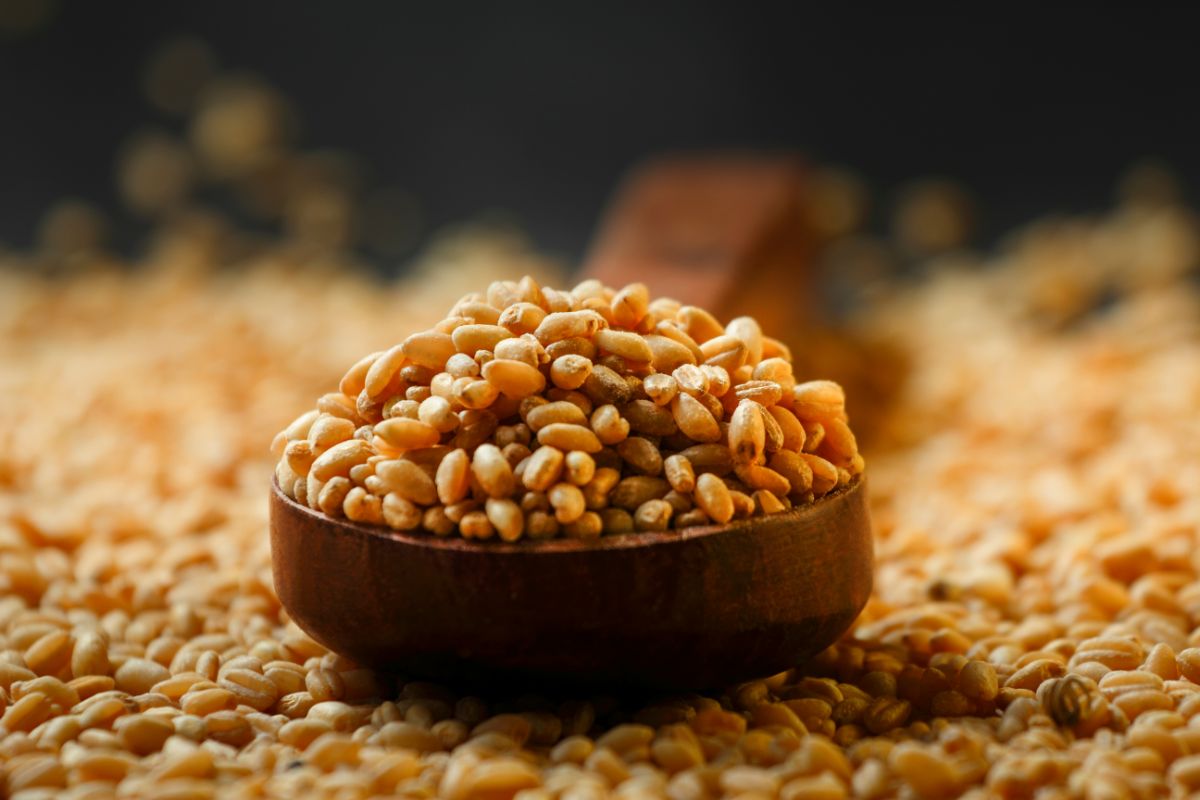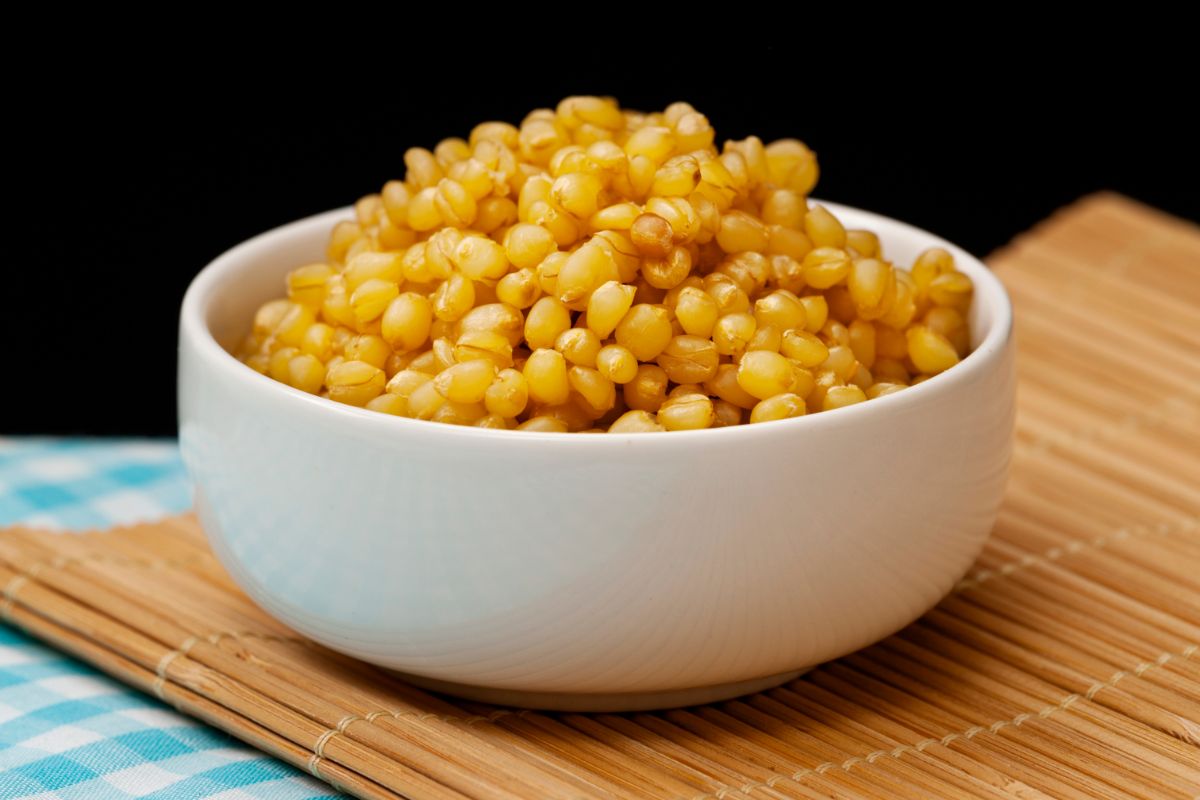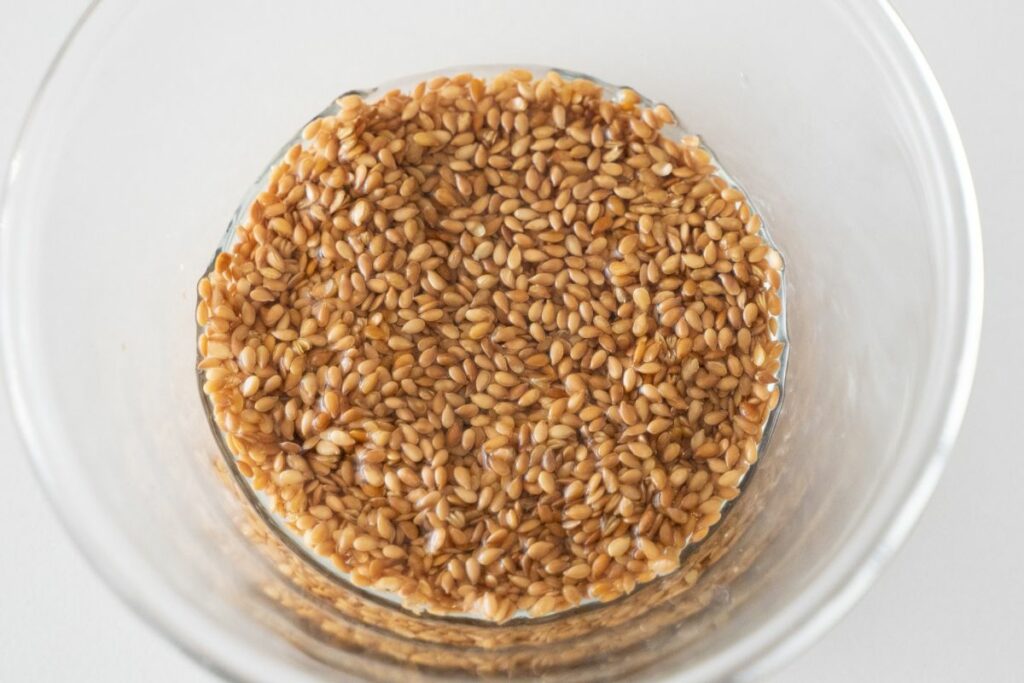Wheat berries are a type of whole grain that are becoming more and more popular. But what is a wheat berry?
How do you eat it? What is the nutritional value of wheat berries (see also ‘How To Grow Wheat‘)?

And what are the health benefits of eating them? If you want to know all about wheat berries then keep reading, as we have put together this guide to tell you everything that you need to know.
What Are Wheat Berries?
Wheat berries are not actually berries, but a type of whole grain. They are the kernel of the wheat plant which is composed of the wheat germ, the bran and the endosperm. This means that they contain lots of nutrients.
When wheat is processed into refined grains, the bran and germ is removed which takes away a lot of nutrients. This is why whole grains are better for you than refined grains.
Wheat berries can be ground up to make flour or used in meals as a source of carbohydrate.
You can buy wheat berries at most grocery stores and health food stores, and even some food markets.
Wheat Berry Nutrition
Wheat berries are a source of carbohydrates that is low in fat but high in protein and fiber.
They also contain a lot of other nutrients including manganese, selenium, thiamine, phosphorus, magnesium, niacin, copper, iron, calcium, zinc, vitamin B6, and folate.
They also contain small amounts of potassium and vitamin E. Wheat berries are high in gluten so they are not suitable for anyone on a gluten free diet.
Health Benefits Of Eating Wheat Berries

There are lots of ways that wheat berries can improve your health.
Fiber
Wheat berries are high in fiber. A single serving contains almost a quarter of your daily recommended amount of fiber.
Having a high fiber diet helps to maintain a healthy digestive system and to get more nutrition out of your food. It can also help to prevent and aid irritable bowel syndrome and crohn’s disease.
Heart
Wheat berries help to lower your cholesterol and reduce the risk of heart disease by preventing the buildup of fat in your arteries.
This keeps the blood flowing smoothly through your body and improves your overall cardiovascular health.
Blood Sugar
Having high blood sugar is not good for your health, it can lead to diabetes, weight gain, headaches, and fatigue. It can also increase your risk of infection and slow down your rate of healing.
Wheat berries help to keep your blood sugar levels low and under control as the high fiber content slows down the rate that sugar is absorbed into the bloodstream.
Weight Loss
Wheat berries are rich in nutrients but have a low amount of calories.
They keep you full for a long time and give your body what it needs without using up lots of your daily allowance of calories which is why they are good for weight loss.
Bone Strength
Manganese is an important form of nutrients in bone formation and maintaining healthy bones.
One serving of wheat berries contains a whopping 97% of your recommended daily amount of Manganese, helping your body to form cartilage and collagen and strengthening your bones.
Help Prevent Anemia
Anemia is a deficiency of red blood cells in the body which is often caused by low iron levels. It can cause symptoms like weakness, dizziness, fatigue and chest pain.
Wheat berries provide 10% of your daily iron amount per serving, helping you to give your body the nutrients that it needs.
How To Cook Wheat Berries

Wheat berries take longer to cook than other types of grains which can put people off. However, it is very easy to cook them.
Start by soaking them in water for 12 hours to soften them, then drain the water and put the wheat berries in a saucepan.
Cover them in fresh water and bring to the boil, then reduce the heat to a simmer and cover with a lid. It will take around one hour of simmering to cook the wheat berries. When they are done they should be nice and soft.
Once cooked, you can freeze them in batches or keep them in an airtight container in the fridge. When the wheat berries are uncooked they will keep for a very long time in an airtight container.
What Do Wheat Berries Taste Like?
Wheat berries have an earthy, nutty flavor and a slightly chewy texture. They are very versatile and can be enjoyed in lots of different kinds of foods.
You can grind them into a whole wheat flour, add them to salads, put them in casseroles, eat them as a breakfast cereal, toast them, fry them, use them in meat patties – the possibilities are endless.
You can also use them in place of other grains like rice and barley. They are available from large grocery stores and health food stores.
Are There Any Downsides To Eating Wheat Berries?
There aren’t really any downsides to eating wheat berries unless you have an intolerance to gluten or grains.
Some people aren’t able to eat a high fiber diet due to health issues, so wheat berries would not be ideal for them.
If eating wheat berries upsets your stomach then stop eating them and speak to a doctor or a nutrition specialist.
Wheat berries are a great source of carbohydrates, but they should be enjoyed as part of a balanced diet. Too many carbohydrates can lead to weight gain and high blood sugar levels.
Make sure you include protein, healthy fats, fruits and vegetables in your diet as well whole grains.
Summary
Wheat berries are a type of whole grain that are very nutrient dense. They are high in protein and fiber, low in fat, and contain lots of important vitamins and minerals.
There are many health benefits to eating wheat berries as a regular part of your diet, such as bone strength, improved heart health, and weight loss.
Wheat berries take longer to cook than other whole grains but they are worth the wait. They have an earthy, nutty flavor that is versatile and works well in lots of different dishes.








